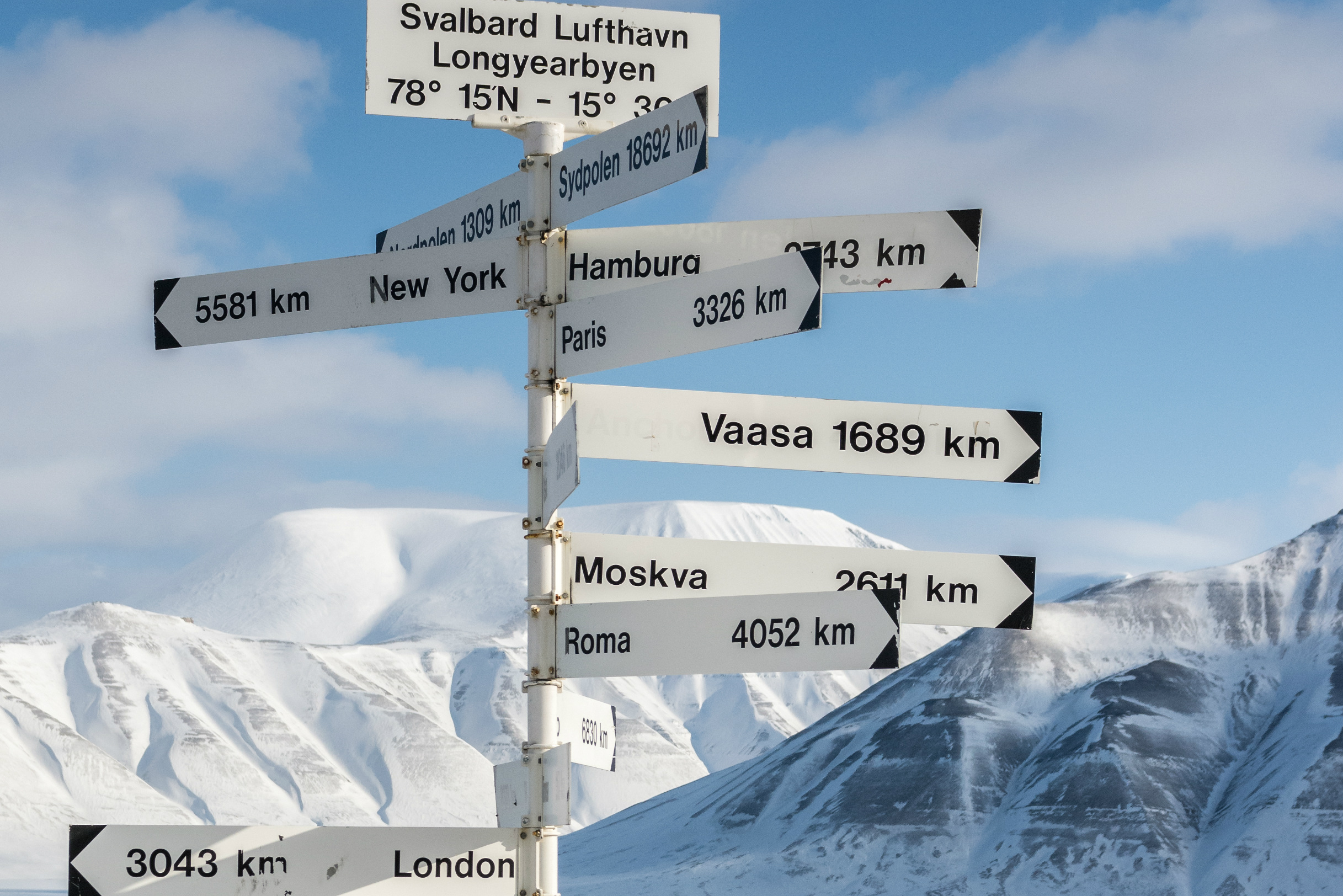A meeting of NATO nation lawmakers in Svalbard raises Russian objections

Most of the meetings of the NATO Parliamentary Assembly, a group of lawmakers that is loosely affiliated with the military alliance, go unnoticed. Not so this time around.
The group, which is made up mostly of legislators from Nato countries, has invoked the ire of Moscow for meeting in Svalbard to hold a seminar focusing on developments in the Arctic.
In keeping with the relative anonymity of the group, two previous meetings (in 2004 and 2012) held in the territory, which is controlled by Norway, were not protested by Russia or any of the other non-NATO signatories to the 1920 Svalbard Treaty banning all military activity there.
The third time is no charm. In a statement issued on April 19, Moscow (which refers to the territory as Spitsbergen), accused the meeting of being a continuation of NATO’s “current policy of ‘containing’ Russia,” likening the lawmakers’ gathering to a military exercise, and seeking to bring the territory under NATO control.
The NATO PA argues that the civilian nature of the group and lack of official links to NATO itself should reassure critics of its peaceful intentions. So too should the point of its gathering: like any good meeting about the Arctic, the seminar will focus on the “unprecedented challenges, but also opportunities” global warming presents for commerce and international co-operation in the region.
The changing Arctic does pose a security concern for the alliance, according to Vidar Helgesen, the Norwegian climate minister and host of the seminar, but this has less to do with Russia than it does with the potential for climate change to destabilise countries on NATO’s southern and southeastern flanks.
“Climate change is a security risk multiplier globally. It will have direct impacts on Europe,” Helgesen said during the meeting’s opening.
Moscow’s objection is the latest in a series of incidents between Norway and Russia involving Svalbard, including, in 2015, threatening tweets by Dmitry Rogozin, Russia’s deputy prime minister, and, last year, a decision to have Chechen commandos transit the territory in connection with a military exercise at the North Pole.